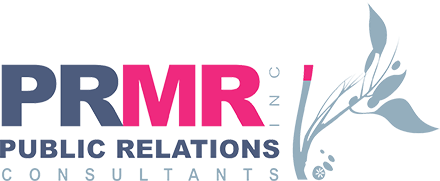Navigating the perils of punctuation: First Up, The Comma
Unfortunately, being a junior in the area of business writing, I am guilty of not being an expert in the area of punctuation. I know of course that I am not alone:).
Even if you are a master communicator, this blog will still serve as a good reference tool. I have therefore decided to dedicate my time to mastering the art of punctuation and of course sharing my knowledge on this blog.
Comma-----> (,)
A handy little thing, often misused and overused; but useful wherever you feel a pause is required. However, the comma has several other uses, which may not be familiar. Here are few of these uses:
Lists
Commas are used to separate items in lists. Eg. They own a cat, a dog, two rabbits, and six mice. In English, a comma may or may not be used before the final conjunction (and, or, nor) in a list of more than two elements.
Separate clauses
In English, a comma is generally used to separate a dependent clause from the independent clause if the dependent clause comes first. E.g. After I fed the cat, I brushed my clothes.
Set off certain adverbs
Such as however, in fact, therefore, nevertheless, moreover, furthermore, still, instead, too (meaning 'also'). E.g.Therefore, a comma would be appropriate in this sentence.
Separate coordinate adjectives
These are adjectives that directly and equally modify the following noun. Adjectives are considered coordinate if the meaning would be the same if their order were reversed or if and were placed between them. E.g. This dull, incessant life is made beautiful through God..
Before quotes
A comma is used to set off quoted material that is the grammatical object of an active verb of speaking or writing, as in Ms. Branker believes, "We should know how to use a comma."
NB. Quotations that follow and support an assertion should be set off by a colon rather than a comma.
